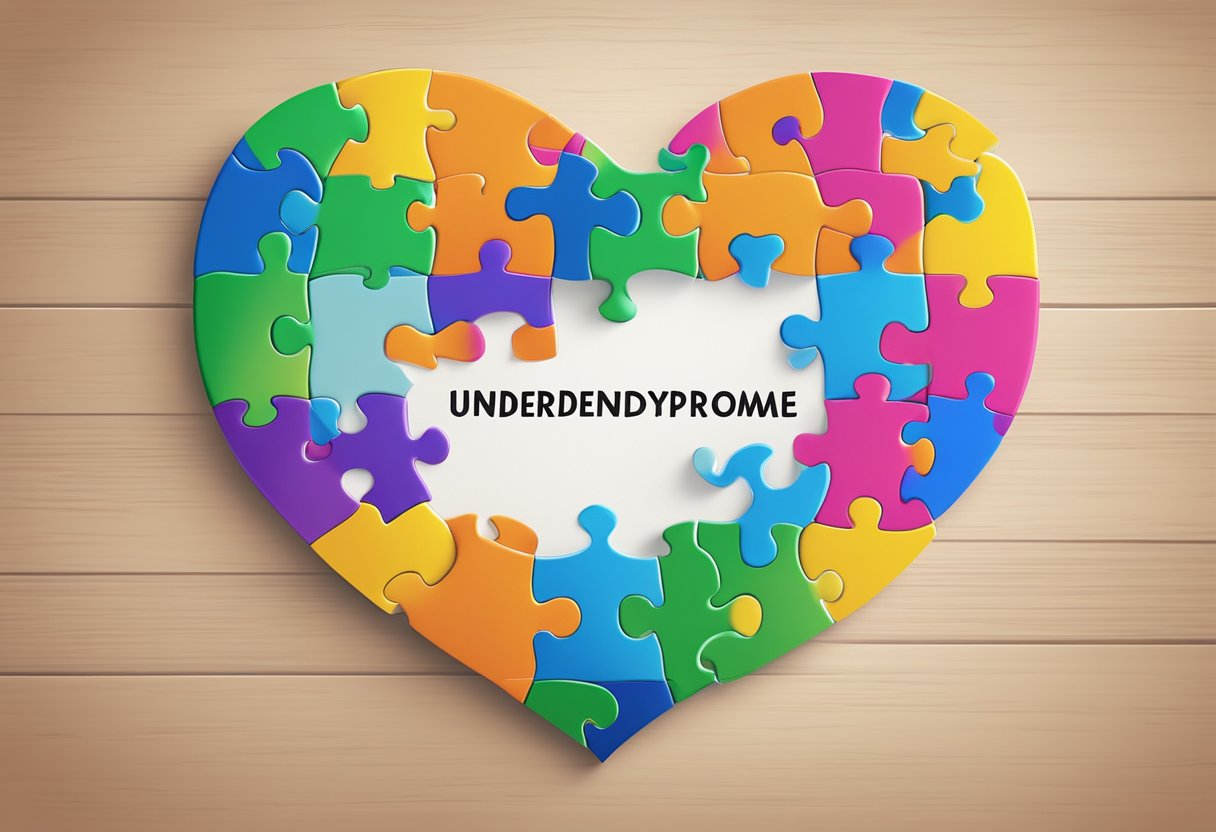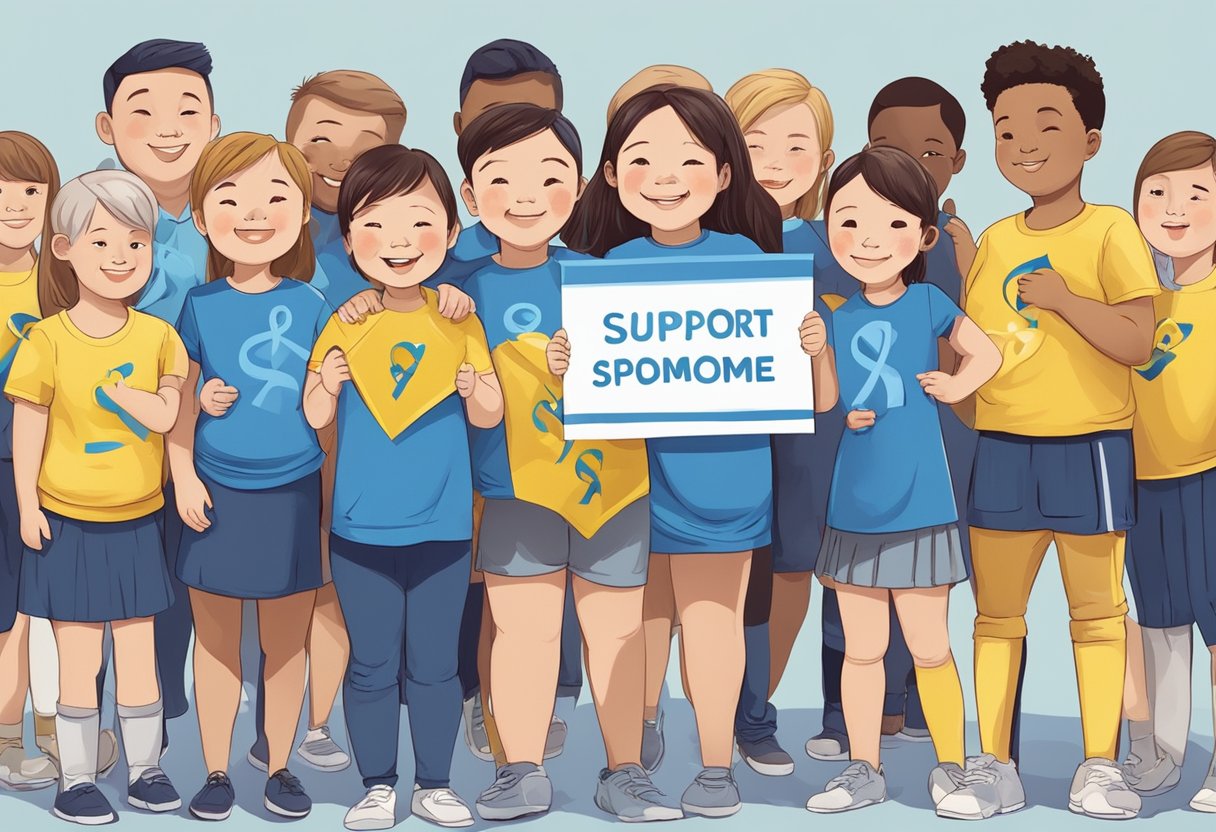
Down Syndrome Awareness Month is observed in October each year Worldwide. It is a time when various organizations, communities, and individuals come together to raise public awareness about Down Syndrome and advocate for inclusion, education, job opportunities, and the well-being of people living with Down syndrome.
Down Syndrome Awareness Month
October is recognized as Down Syndrome Awareness Month (DSAM), a period dedicated to celebrating the abilities and accomplishments of individuals with Down syndrome. The National Down Syndrome Society (NDSS), a leading advocacy group, plays a pivotal role during this month by amplifying awareness and fostering inclusivity.
- #DownSyndromeAwarenessMonth: Social media campaigns use this hashtag to spread knowledge, share stories, and unite the community.
- Buddy Walk: The NDSS promotes the Buddy Walk®, an event to raise funds and promote acceptance.
Activities during Down Syndrome Awareness Month are varied and aim to educate the public about the potential and achievements of those with Down syndrome. They often include:
- Educational Seminars: Workshops and conferences to provide information.
- Community Events: Local gatherings to connect families and educators.
- Fundraisers: Efforts to support research and programs.
World Down Syndrome Day, acknowledged by the United Nations, also falls within this awareness period on March 21. This global event further underscores the importance of advocacy and inclusion for the Down syndrome community.
Down Syndrome Awareness Month aims to challenge stereotypes and advocate for equal rights and opportunities. It’s a time when advocates, families, and organizations come together to highlight the importance of understanding and valuing each individual with Down syndrome.
Understanding Down Syndrome

Down Syndrome is a genetic condition caused by the presence of an extra chromosome 21, known as trisomy 21. This chromosomal condition affects physical and cognitive development, but individuals with Down Syndrome have diverse abilities and can lead fulfilling lives filled with love and accomplishments.
Causes and Types: Down Syndrome is usually caused by an error in cell division, resulting in trisomy 21. There are, however, two other types of the condition:
- Mosaic Down Syndrome, where only some cells have an extra chromosome 21.
- Translocation Down Syndrome, where an extra part or a whole extra chromosome 21 is present, but it’s attached to a different chromosome.
Diagnosis: Diagnosis often occurs during pregnancy or shortly after birth. Screening tests can indicate the likelihood of Down Syndrome, while diagnostic tests can confirm if the extra chromosome is present.
Abilities and Acceptance: People with Down Syndrome have varying degrees of cognitive delay, but many lead independent lives and participate in educational, social, and employment opportunities. Acceptance and understanding can break down stereotypes and promote inclusion.
Societal Perspectives: There has been a positive shift in how society views individuals with Down Syndrome, moving towards greater acceptance and valuing their contributions. Still, it’s important to recognize and address ongoing challenges related to societal integration and equal opportunities.
Education about Down Syndrome is essential for fostering a knowledgeable and respectful environment, where each person is seen for their individual strengths and capabilities.
Support and Advocacy for Individuals with Down Syndrome

Support and advocacy for individuals with Down Syndrome are crucial for promoting their inclusion, celebrating their abilities and accomplishments, and ensuring their rights are upheld. In the United States and globally, numerous organizations and advocacy groups play pivotal roles.
Organizations such as the Global Down Syndrome Foundation work tirelessly to provide education about Down Syndrome, aiming to dispel myths and inform about the reality of living with an extra chromosome. These organizations encourage families and individuals to sign up for events that acknowledge the value and accomplishments of the Down syndrome community.
Families often reach out to local Down syndrome associations for support, where they can connect with others who share similar experiences from birth through adulthood. Advocacy work also involves lobbying for the rights of individuals with disabilities, ensuring they have access to necessary services and are included in all aspects of society.
Donations to Down Syndrome organizations contribute to vital research and advocacy efforts. It is through this collective support and self-advocacy that barriers are broken down and the accomplishments of the Down syndrome community are proudly showcased.
Inclusive educational initiatives are essential to integrate individuals with Down syndrome into mainstream schools and workplaces. By championing their potential, these educational programs promote a more inclusive society.
Table 1: Ways to Advocate for Individuals with Down Syndrome
| Action | Impact |
|---|---|
| Signing up for advocacy alerts | Staying informed on policy changes |
| Making a donation | Supporting research and programs |
| Volunteering with organizations | Spreading awareness and inclusion |
| Celebrating Down Syndrome Awareness Month | Honoring the community’s achievements |
Through collaboration, the dedication of organisations and self-advocates ensures that individuals with Down syndrome are not only supported but also empowered to advocate for themselves.
